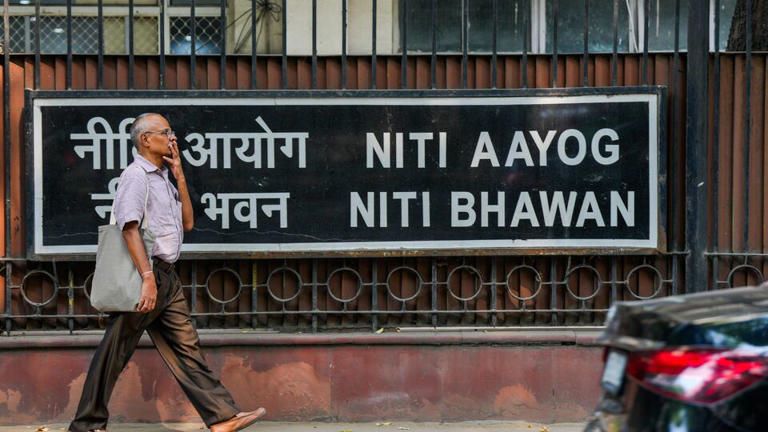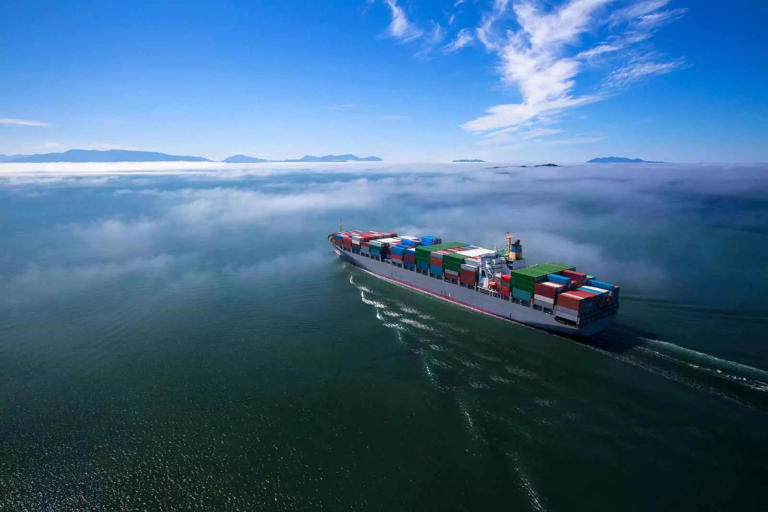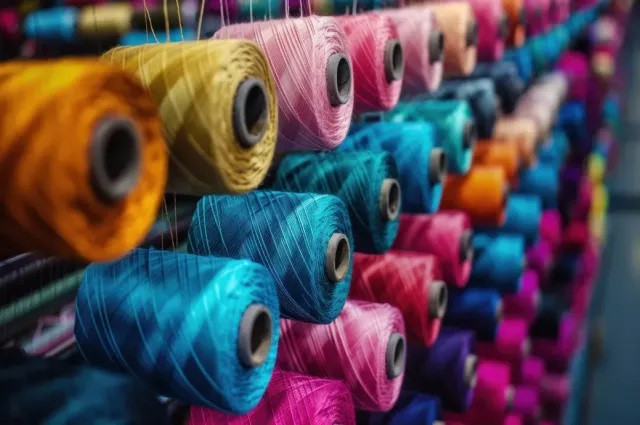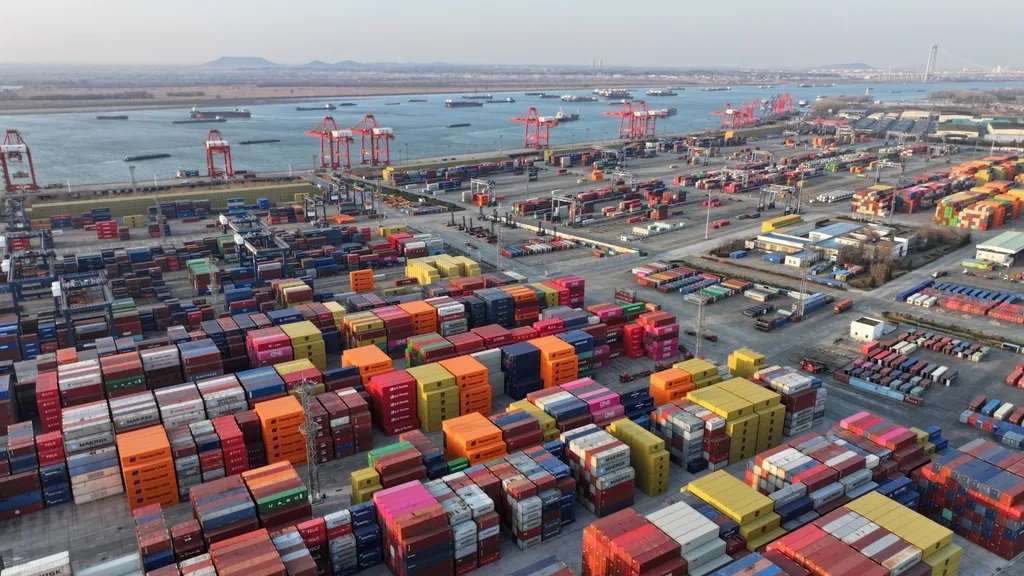
ITMA ASIA + CITME 2024, taking place in Shanghai from October 14-18, members of TMAS, the Swedish textile machinery association, will unveil advanced technologies aimed at aiding regional manufacturers in producing sustainable fabrics. These innovations come in response to increasing market demands for sustainable textile solutions and reflect TMAS's commitment to supporting the industry's environmental goals.
China, the world's largest textile producer, accounts for over 50 per cent of global fibre consumption, and its synthetic fibre sector produces more than 70 per cent of the world's output. With growing emphasis on sustainability, leading brands now require higher percentages of recycled fibres in their yarns. This shift towards sustainable materials has opened new opportunities for Chinese mills, traditionally focused on achieving cost-effective production rather than sustainability.
New market potential for recycled yarns
Chinese cotton spinning companies have long processed yarn mill waste using rotor spinning technology, which is best suited for recycled yarns with high short-fibre content, according to TMAS Secretary General Therese Premler-Andersson. Previously, this practice was primarily driven by cost considerations. Now, however, these mills can command a premium for yarns containing higher recycled content, aligning with the industry's shift towards sustainability goals.
Since 2015, China has installed nearly four million new rotor spinning spindles, highlighting the substantial potential for growth in this sector. This rapid development necessitates upgrades in technology not just in spinning but throughout the production chain, a challenge TMAS members are prepared to meet.
Eltex’s ACT-R: Enhancing weaving with recycled yarns
Eltex, a TMAS member, addresses the challenges of weaving with recycled yarns through its ACT-R technology. This stand-alone device maintains consistent weft yarn tension on rapier weaving machines, essential for handling the irregularities common in recycled yarns.
Recycled yarns typically contain shorter fibres, which can result in inconsistencies and breakages. Eltex Senior Sales Engineer Daniel Sauret explains that the ACT-R system automatically adjusts for variations in weft yarn tension, ensuring smooth weaving regardless of the condition of the yarn package.
The ACT-R system is a plug-and-play solution compatible with any rapier machine and requires no communication with the weaving machine. Eltex CEO Brian Hicks notes that weavers using recycled yarns have reported outstanding results, highlighting significant improvements in production quality and continuity.
Eltex is celebrating its 60th anniversary this year, marking six decades of pioneering electronic sensor technology for the weaving industry. Its innovations have been crucial in enabling the high-speed, fault-free production seen today.
Vandewiele’s advanced weaving control systems
Vandewiele Sweden AB, part of the Vandewiele Group, also focuses on advanced weaving control. The company will showcase its latest X4 yarn feeders, featuring integrated tension control and machine learning AI capabilities, at ITMA ASIA + CITME 2024. The X4 feeders, available in three versions, enable precise tension control and adjustment, optimizing the weaving process for better fabric quality and reduced waste.
The X4 feeders, equipped with integrated tension display and active tension control, set a new standard for efficiency in weaving, according to a Vandewiele spokesperson. These systems offer significant advantages, particularly in handling recycled yarns, by maintaining consistent tension throughout the weaving cycle.
Baldwin’s TexCoat G4 for efficient finishing
Baldwin, another TMAS member, is transforming the textile finishing process with its TexCoat G4 unit. This technology significantly reduces water, chemical, and energy consumption by applying treatments such as softeners and durable water repellents only where needed.
Rick Stanford, Baldwin’s Vice-President of Business Development for Textiles, states that the system can reduce water, chemical, and energy consumption by up to 50 percent compared to traditional methods. Baldwin's partnership with Monforts and Archroma focuses on improving efficiency and sustainability in dyeing and finishing processes.
A TexCoat G4 unit is currently being installed at Monforts’ Advanced Technology Centre in Germany for extensive industrial-scale trials. Rick Stanford notes that this partnership is set to bring transformative change to the dyeing and finishing sector, enhancing productivity and quality while reducing resource consumption.
Showcasing Swedish innovations for a sustainable future
Therese Premler-Andersson expresses enthusiasm about reconnecting with customers in Shanghai and presenting Swedish innovations that benefit both clients and the environment.
By focusing on cutting-edge technologies for sustainable textile production, TMAS members are set to play a pivotal role in the industry's ongoing transformation towards more eco-friendly practices.












